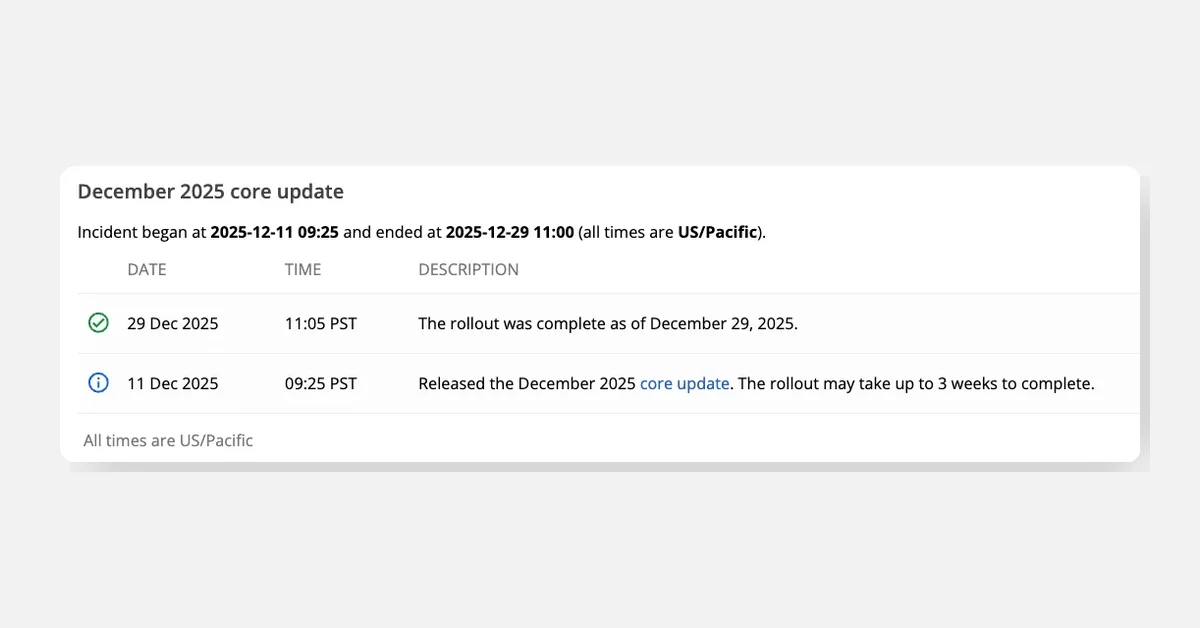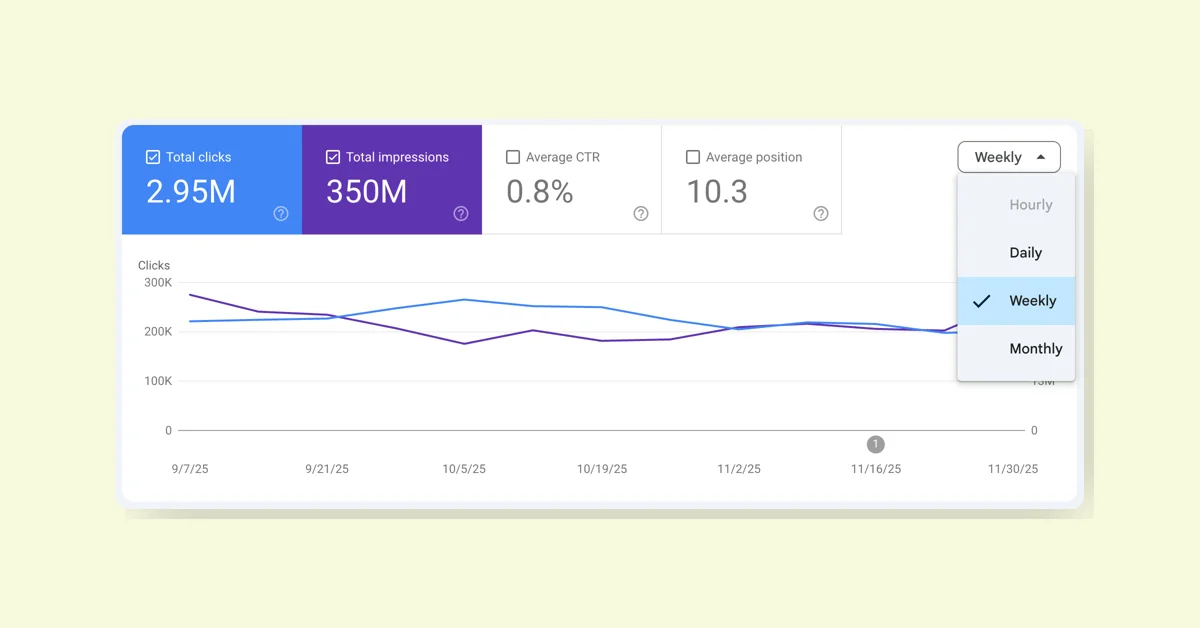Nearly a quarter-century after Microsoft lost a similar case, a judge’s decision that Google abused a monopoly in internet search is likely to have major ripple effects.
In 2000, a U.S. antitrust ruling against Microsoft set competition rules for digital giants. Microsoft was found to have abused its monopoly power with Windows, leading to legal restrictions and the opening of its technology to outsiders. This prevented Microsoft from controlling the internet.
Google Antitrust Case
Judge Amit P. Mehta ruled that Google violated antitrust laws by stifling rivals in internet search to protect its monopoly. This ruling is expected to influence other tech companies like Apple, Amazon, and Meta, who face similar accusations. The decision also impacts a second lawsuit against Google over ad technology.
Judge Mehta’s ruling is seen as a predictor for future court decisions. The Microsoft antitrust case was frequently referenced in the Google decision, highlighting its influence. Google plans to appeal the ruling.
Antitrust enforcement has intensified under recent U.S. administrations, with officials like Jonathan Kanter and Lina Khan suing tech giants for monopolistic practices. These cases hinge on the Sherman Antitrust Act, designed for older industrial companies but now applied to modern tech giants.
Microsoft vs. Google
In the 1990s, Microsoft controlled over 90% of personal computers with its Windows software. The antitrust case against Microsoft prevented it from monopolizing the internet. Similarly, Google has a dominant position in internet search today. Judge Mehta found that Google’s exclusive deals with Apple and other companies to make Google’s search engine the default choice were illegal.
Judge Mehta emphasized the "power of defaults," noting that user data is a critical asset for improving search results. Google’s default deals ensured it had a significant data advantage, which the government argued entrenched its monopoly. Behavioral economics studies showed that people rarely change default settings, reinforcing Google’s dominance.
Google’s Defense
Google argued that its search engine was superior due to its technology and that its contracts were freely entered into by industry partners. However, the government contended that Google’s payments to secure preferred distribution were aimed at maintaining its monopoly.
Judge Mehta will decide on remedial steps to open the search market to more competition. Recommendations include prohibiting exclusive deals, sharing search data with competitors, or splitting off Google’s Chrome browser or Android operating system.
This case is the first significant monopolization case against a dominant digital company, marking a crucial moment in antitrust enforcement.



















